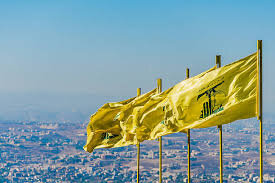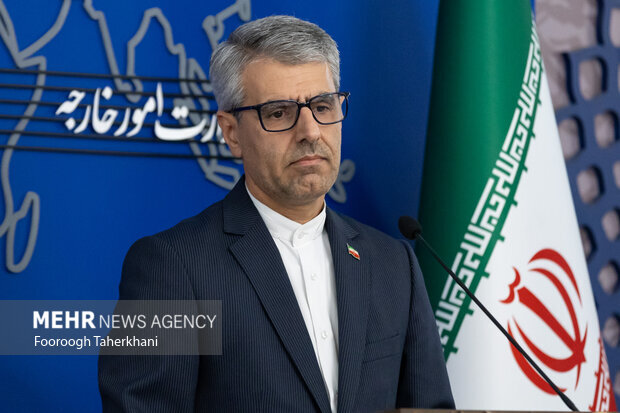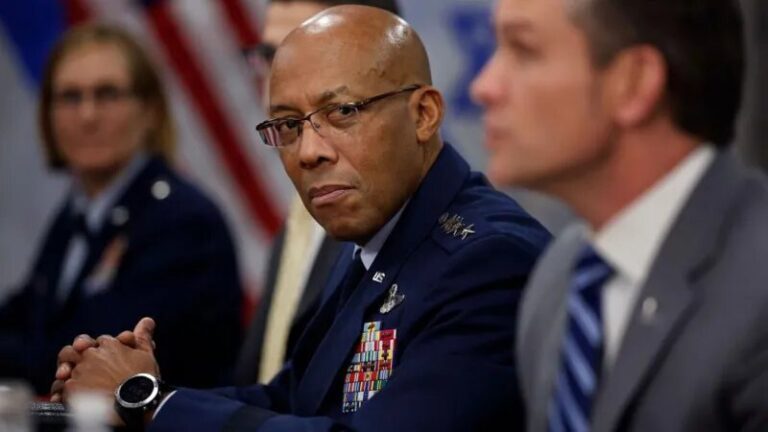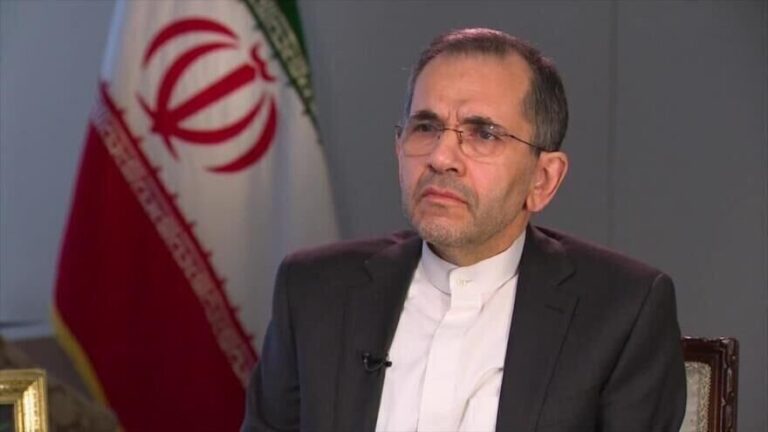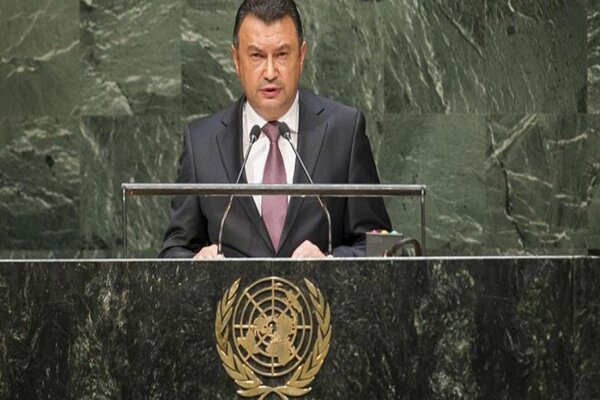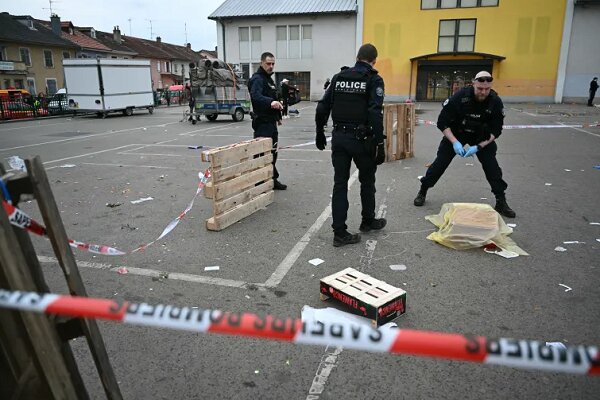Hezbollah Chief Delivers Groundbreaking Speech: Key Insights and Implications
In a powerful address, Sheikh Naeem Qasim, the Secretary-General of Hezbollah, made a striking statement that resonated deeply with the current political climate: “Remove the idea of disarming the resistance from your dictionary!” This proclamation underscores the unwavering stance of Hezbollah on the issue of its weapons and their role in Lebanon’s security.
In his speech, Sheikh Qasim addressed those who falsely believe that the resistance should be disarmed, stressing that the discussion surrounding Hezbollah’s weapons is not up for political debate or media scrutiny. He pointed out that these legitimate arms are under the control of prudent leadership dedicated to preserving the sacrifices made by Lebanon’s martyrs. Notably, the recent escalation has seen over 3,000 Israeli violations of the ceasefire agreement, resulting in numerous casualties among Lebanese citizens.
Recently, tensions flared once again when Israel conducted an airstrike on the southern suburbs of Beirut. In this context, Morgan Ortagus, the Deputy U.S. Special Envoy to West Asia, shockingly labeled this aggressive act as “legitimate self-defense.” This rhetoric further inflames the hostility between Lebanon and its neighbors.
Sheikh Qasim highlighted the treachery exhibited by pro-Israel factions within Lebanon, emphasizing that their actions contribute to a systematic campaign aimed at undermining the legitimacy of Hezbollah’s weapons. This campaign portrays the resistance as the source of Lebanon’s crises, which is a blatant misrepresentation of reality. The Secretary-General argued that this narrative is part of a larger strategy to weaken Lebanon and enforce American dominance over its sovereignty.
He further clarified that Hezbollah’s weapons are not a means for power acquisition, but rather essential for safeguarding the Lebanese people and preserving their dignity amidst ongoing humiliation and oppression. He paid tribute to the fallen martyrs, stating that their sacrifices have been pivotal for sustaining this righteous resistance.
Sheikh Qasim articulated that every resistance movement faces both victories and setbacks, but this does not diminish the legitimacy of their cause or the necessity for continued resistance. He called upon those who genuinely care for Lebanon’s future to engage in meaningful dialogue to formulate a national security strategy that clearly defines both allies and adversaries.
In a related statement, State Department spokesperson Tammy Bruce remarked, “As part of the cessation of hostilities agreement, the Lebanese government bears responsibility for disarming Hezbollah. We expect the Lebanese Armed Forces to disarm these terrorists to prevent further hostilities.” This underscores the external pressures Lebanon faces regarding Hezbollah’s disarmament.
Moreover, the U.S. has been using international platforms to exert pressure on Lebanon, suggesting that aid is contingent upon both the disarmament of Hezbollah and potential normalization with Israel. This tactic has raised significant concerns among many Lebanese citizens, who view it as an infringement on their sovereignty.
Adding to the complexities, Lebanese Forces leader Samir Geagea has publicly declared that he will not engage in national dialogue concerning the resistance’s arms, deeming it a “waste of time.” He insists that disarmament should be executed immediately within a six-month timeframe, reflecting the urgency some factions feel regarding the issue.
The systematic campaign against the Lebanese resistance is founded on two primary strategies:
- **Questioning the narrative of the resistance and its legitimacy.**
- **Challenging the legitimacy of its weapons.**
This campaign disregards the historical context that gave rise to the resistance, which emerged as a legitimate response to the Israeli occupation of Lebanese land—a fundamental right supported by international law and humanitarian standards. Hezbollah’s position remains firm: its arms are integral to Lebanon’s defense and the protection of its sovereignty.
Ultimately, Sheikh Qasim’s address serves as a resounding reminder of the complexities surrounding the issue of disarmament and the intricate web of local and international politics that continue to shape Lebanon’s future. The call for dialogue and understanding is essential if Lebanon is to navigate these turbulent waters and forge a path toward lasting peace and stability.
